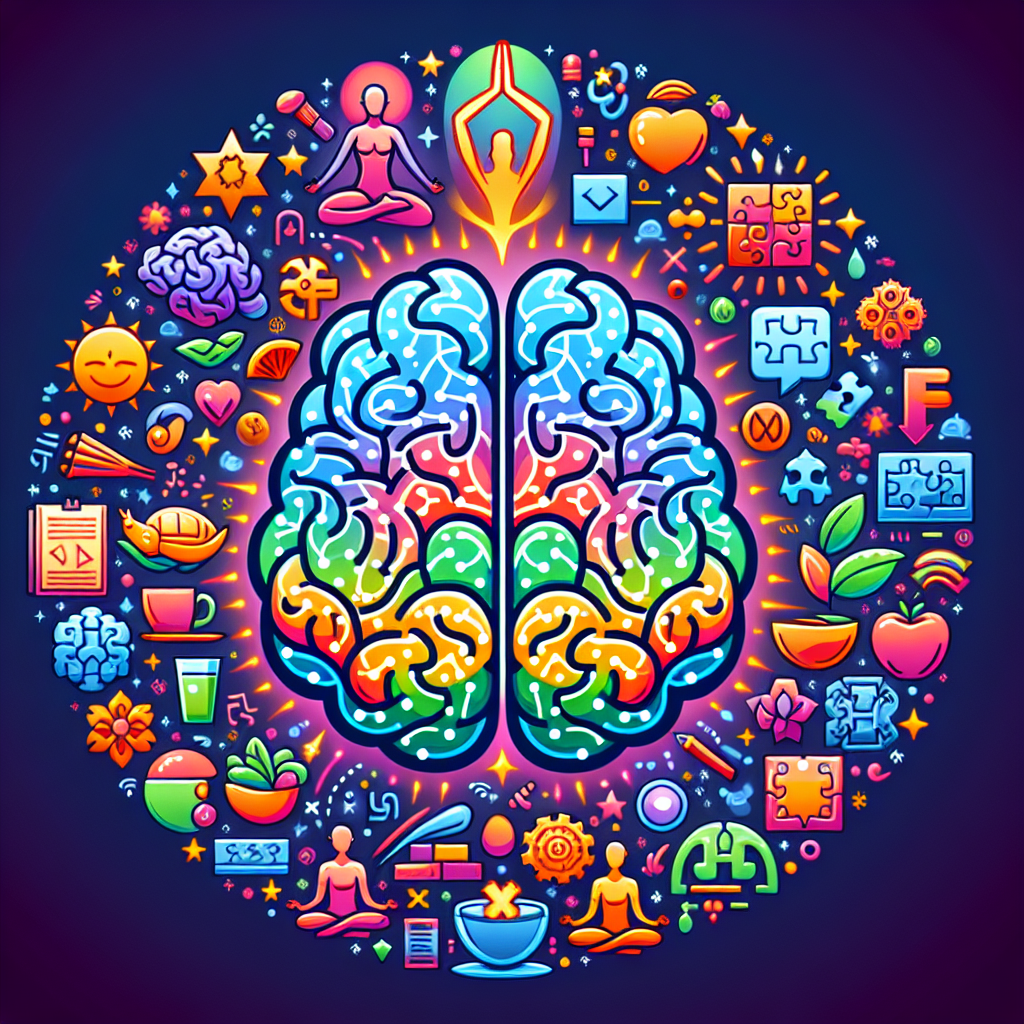
Introduction: Importance of Brain Exercise
Just as physical exercise is essential for maintaining the health of our bodies, brain exercise is crucial for enhancing cognitive function, preserving mental sharpness, and reducing the risk of cognitive decline as we age. Engaging in regular mental activities can stimulate neural connections, improve memory, and foster overall mental well-being. By prioritizing brain health, we can enhance our ability to learn, think critically, and engage fully with life.
Types of Mental Activities
1. Puzzles: Engaging in puzzles, such as crosswords or Sudoku, challenges the brain to think critically and problem-solve. These activities enhance cognitive skills, promote pattern recognition, and can be both enjoyable and rewarding.
2. Memory Games: Memory-enhancing games, which can be played alone or in groups, require participants to recall information, thus improving attention, focus, and memory retention. Games like card matching or apps designed to improve memory are excellent ways to keep the mind sharp.
Physical Exercises Boosting Brain Health
1. Yoga: Yoga not only promotes flexibility and strength but also incorporates mindfulness and breathing techniques that enhance cognitive function. The practice has been associated with improved memory, concentration, and mood.
2. Walking: Regular walks, especially in natural settings, can boost brain health. Aerobic exercise increases blood flow to the brain, promotes neurogenesis (the creation of new neurons), and has been linked to better mental clarity and improved mood.
Nutrition for the Brain
1. Omega-3 Fatty Acids: Found in fatty fish, flaxseeds, and walnuts, omega-3s are essential for brain health. They play a significant role in cognitive function and have been associated with reduced risk of Alzheimer’s disease and dementia.
2. Antioxidants: Foods rich in antioxidants, such as berries, dark chocolate, and leafy greens, help combat oxidative stress, which can damage brain cells. Antioxidants support overall brain health, enhance memory, and improve cognitive performance.
Mindfulness Practices
1. Meditation: Regular meditation can improve focus, emotional regulation, and the brain’s overall functioning. It encourages the practice of mindfulness, which has been linked to reduced stress and enhanced cognitive flexibility.
2. Adequate Sleep: Sleep is crucial for brain health, allowing for memory consolidation and removing toxins that accumulate during the day. Prioritizing adequate and quality sleep enhances learning, problem-solving skills, and emotional resilience.
Consistency and Long-Term Benefits
Consistency is key when it comes to brain health. Incorporating a balanced mix of mental, physical, and nutritional practices into daily routines fosters long-term cognitive resilience. Over time, these habits can lead to significant improvements in memory, creativity, and mental agility, ultimately contributing to a higher quality of life. By making a commitment to regular brain exercises and healthy living, individuals can safeguard their cognitive functions well into old age.


